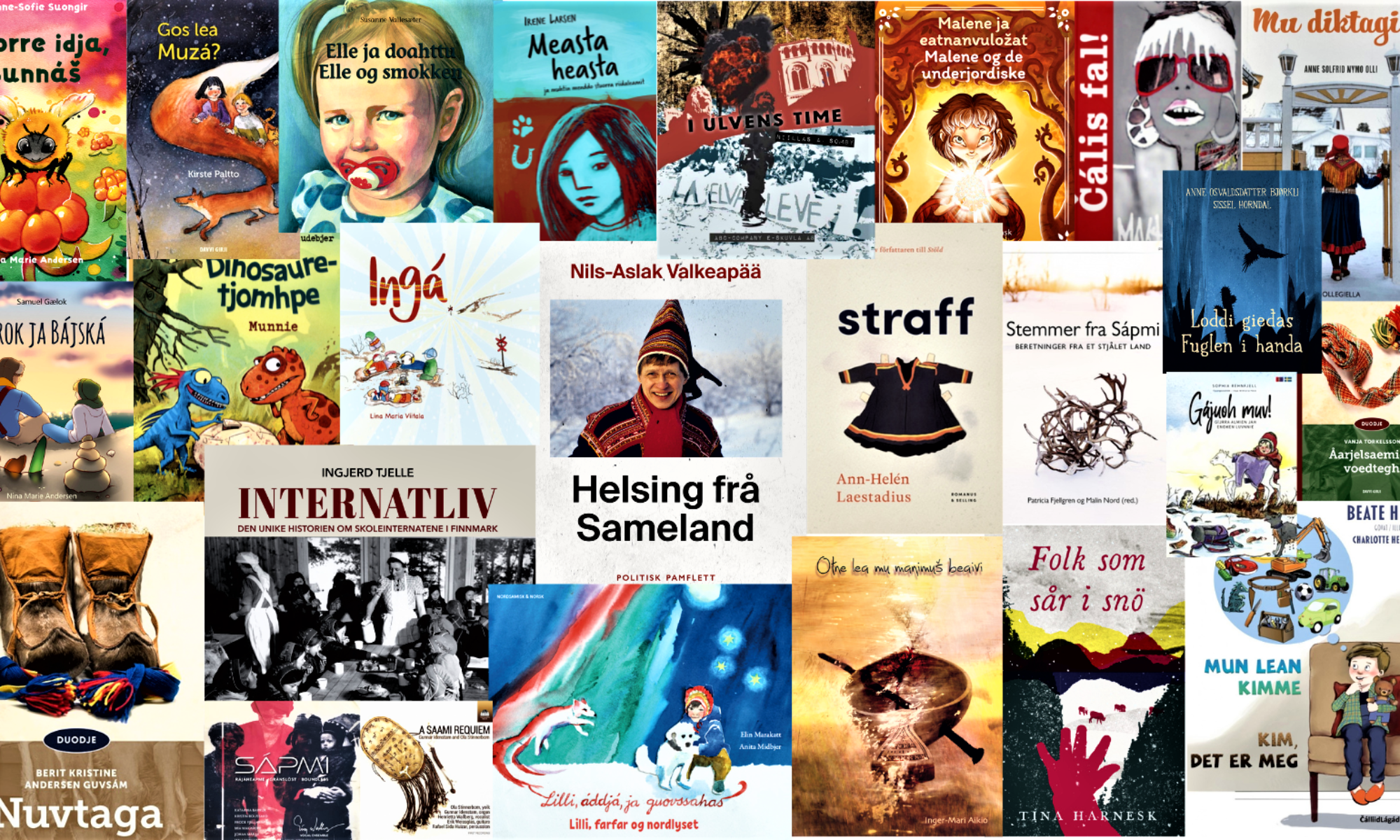 Samene er Europas eneste anerkjente urfolk og har gått gjennom en historie med kristning, tap av landområder og kulturell assimilering. Siden andre verdenskrig har de jobbet mot politisk selvbestemmelse i de nordiske landene, og vært med på å skape et globalt urfolkssamfunn.
Samene er Europas eneste anerkjente urfolk og har gått gjennom en historie med kristning, tap av landområder og kulturell assimilering. Siden andre verdenskrig har de jobbet mot politisk selvbestemmelse i de nordiske landene, og vært med på å skape et globalt urfolkssamfunn.
Samtidig med denne prosessen var fremveksten av den samiske musikkscenen, der gjenopplivingen av den distinkte og tidligere undertrykte vokale tradisjonen joik var sentral. Gjennom joik med instrumental akkompagnement, som inkluderer joik inn i forskjellige former for populærmusikk, sceneopptredener og musikkinnspillinger, har samiske musikere spilt en nøkkelrolle i å artikulere en samisk identitet, styrke samisk språk, og gjenopplive en naturbasert kosmologi. Thomas Hilder har skrevet den første lengre studien av denne mangfoldige og dynamiske musikkscenen og dens krysning med urfolkspolitikk.
The Sami are Europe’s only recognized indigenous people living across regions of Norway, Sweden, Finland and the Russian Kola peninsula. The subjects of a history of Christianization, land dispossession, and cultural assimilation, the Sami have through their self-organization since World War II worked towards Sami political self-determination across the Nordic states and helped forge a global indigenous community.
Accompanying this process was the emergence of a Sami music scene, in which the revival of the distinct and formerly suppressed unaccompanied vocal tradition of joik was central. Through joiking with instrumental accompaniment, incorporating joik into forms of popular music, performing on stage and releasing recordings, Sami musicians have played a key role in articulating a Sami identity, strengthening Sami languages, and reviving a nature-based cosmology. Thomas Hilder offers the first book-length study of this diverse and dynamic music scene and its intersection with the politics of indigeneity.
ISBN: 978-0-8108-8895-1. Rowman & Littlefield Education, 2015. 243 s. Innb. 482.- (kan kjøpes gjennom adlibris.com)
